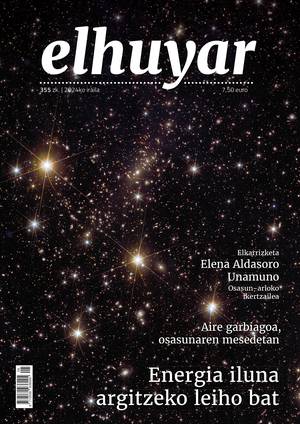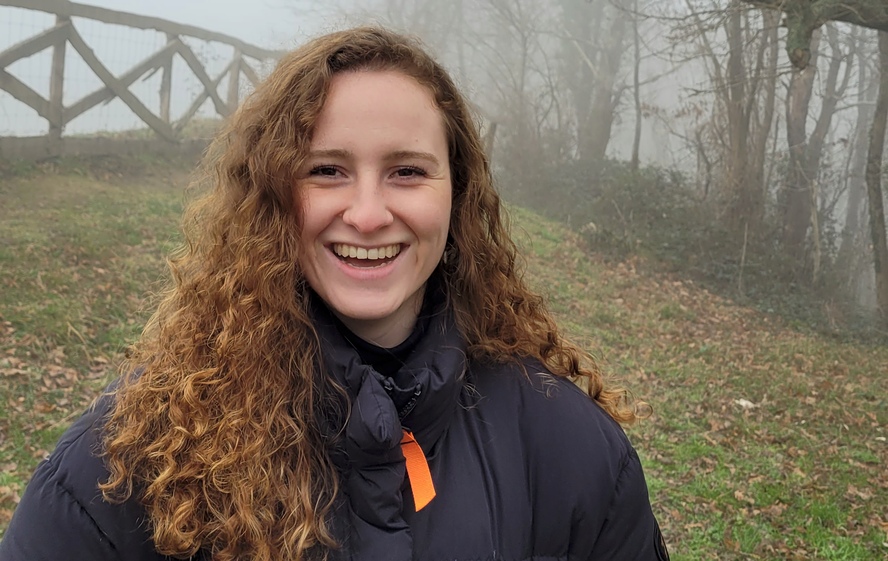
"What we are doing has never been done, so we are constantly learning."
Leire Larizgoitia is a physicist of the Arcocha neutrinos, although when he started studying physics he did not know that there were particles called neutrinos. Remember that in second high school there was a good physics teacher: “In addition to explaining the theory, he did experiments and understood everything very well. I told him one day that I wanted to study physics and he told me that the physicists' career was very difficult. However, I went in and yes, it is true that it is difficult to be a physicist and researcher, but I am very comfortable.”
He confessed that in the third year there was a subject of particle physics, and then he became fully entrenched. “So third I went to CERN to do the summer practices (Switzerland) and there I realized that that was what I wanted to do: investigate the neutrinos in an experimental way.” CERN is an international reference laboratory, and in this regard, according to Larizgoitia, it was a great experience: “There were people from all over the world, each with their culture and thought, and we all spoke English, but we all learned from everyone. It was very enriching and opened many doors to me.”
After graduation, he moved to the DIPC to perform the summer practices (San Sebastian) in the neutral group, where he started working. After a master in Valencia, he returns to the group of neutrinos of the DIPC to perform his thesis.
“We are an experimental group, so we have several experiments. One of them is the NEXT, a neutrino detector in Canfrance, and I am conducting the thesis in the GanESS project. Our goal is to build a neutrino detector on the DIPC for subsequent shipment to Lund, Sweden, the ESS space center,” explains Larizgoitia. He says it's nice to assume that a detector developed here will be sent to the other end of Europe to be used by top researchers to investigate neutrinos.
Lifelong learning
It recognizes that they have many retroactive elements in the project and that the path is not correct: “But we already know that, and it’s also a way to learn. In short, what we are doing has never been done, so we are constantly learning.”
On the other hand, he says that the laboratory environment is very good. They work with people from other disciplines such as engineers, companies… “People who work in experimentation that’s good: it’s not an individual job, you work with other disciplines.”
Finally, remember that when she studied the master was the only girl and that, although she has not perceived discrimination, it is sometimes necessary to have more girls around her. “Luckily, we are increasingly, little by little. Thank you.”






